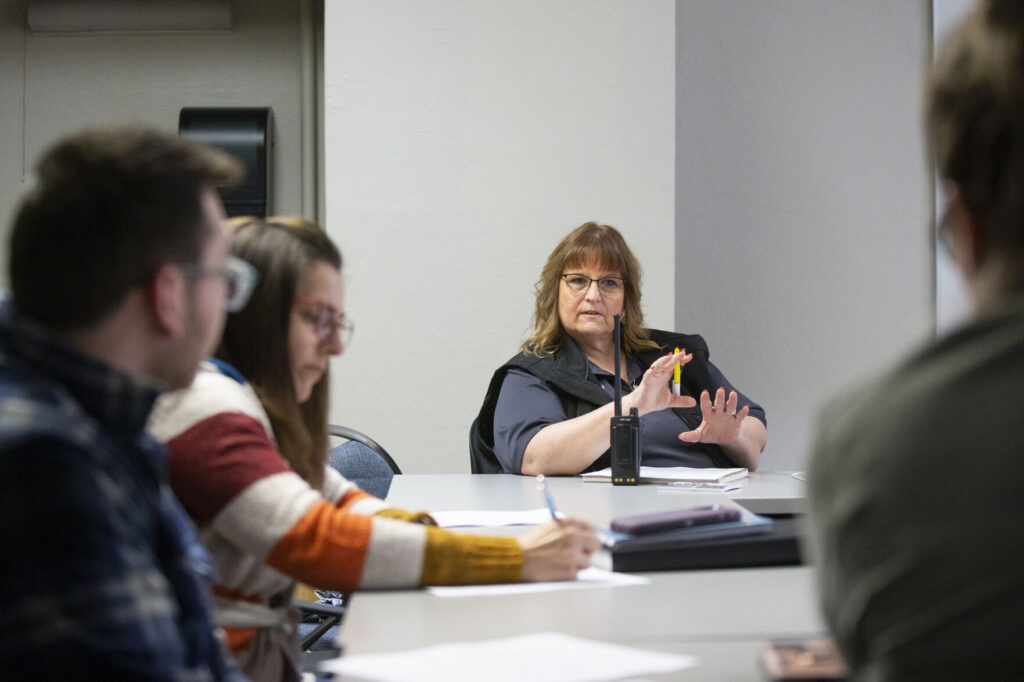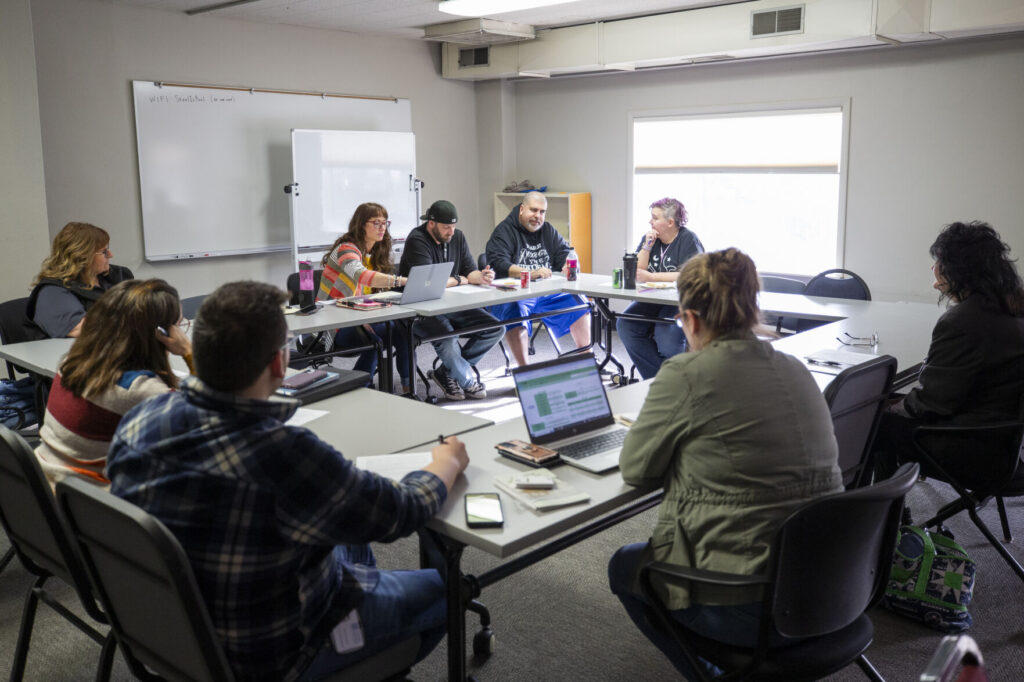Jail program helps inmates connect with mental health, recovery help
I am encouraged by the efforts of Chelan County Regional Jail Director Chris Sharp and his staff to work with addiction recovery and similar organizations in making it easier for incarcerated individuals to get support to address mental health and addiction issues.

The jail puts a strong emphasis on working with these community partners to provide a re-entry process that gives these individuals a better opportunity to succeed. They are seeing formerly incarcerated people get the help they need and rejoin the community as productive citizens.
To the extent this more enlightened and humane approach results in lower recidivism, our community will reap significant benefits rather than continuing the cycle of drug use, arrests and jail.
The jail has a full-time reintegration coordinator, Jeni McGregor, who coordinates with partners like recovery coaches provided by Thriving Together, Catholic Charities, CAFE (Community for the Advancement of Family Education) and other organizations to get people the help they need.
Talking with McGregor, you can tell she loves what she is doing. With pride, she showed me the photo of a couple who had been frequent fliers in the regional jail but who have gotten help and now have jobs and turned their lives around. Before there was a reintegration program, these people were basically on their own to access services.

Every week, McGregor convenes a meeting of the partners to share ideas and information about the help individuals in the jail need to get on the path to a healthier mental and physical state and break the cycle of incarceration that damages themselves, their families and the community.
Sadly, some people in the community cling to the notion that people in jail are a lost cause and think that punishing them until they get better is the best approach, but that has been a complete and utter failure that has perpetuated the problem.
As Sharp points out, if we want to solve the issue, we have to quit treating the symptoms and address the root causes. The drugs aren’t the entire problem. The real issue is the emotional distress and pain of individuals that have led them to addiction or the unaddressed mental health challenges. And the addiction issues are becoming infinitely more challenging in the era of fentanyl because its addictive power is vastly stronger than other drugs.
One of the most effective approaches to helping people get off drugs has been the trend toward peer-to-peer programs, such as the one developed by the Recovery Coaching Network developed by Thriving Together NCW. Individuals in recovery get 32 hours of nationally recognized training to learn the most effective ways to help those who are struggling with addiction.
One of CAFE’s recovery coaches is Victor Estrada, who had a long history of drug and gang activity before turning his life around. Along with his friend Joey Hunter of Thriving Together, Estrada has been a passionate advocate for “making recovery the epidemic” in North Central Washington. That’s a powerful message of hope.
This partnership of corrections staff encouraging incarcerated individuals to get help with recovery coaches who have been down the difficult path of recovery is making a difference. The recovery coaches work with individuals in the jail and meet them when they are released to connect them to services in the community. This approach is working.
The people who think that people are making bad choices by being addicted have it wrong, says Sharp. “When you’re addicted, the drugs are making decisions for you,” he said.
Treating incarcerated individuals with dignity and relating to them as human beings is an essential part of Sharp’s philosophy. While there is a small percentage of truly dangerous people who should be locked up and never see the light of day, most of the people we see are struggling with issues that can be addressed if they want to and there is community support, Sharp said.
The most vexing challenge facing the jail is dealing with the fentanyl crisis. Individuals are tested for fentanyl and two cells have been set aside for detoxification. The jail provides nursing support for the excruciatingly painful process, but it is a bare-bones approach as the jail is not a fully operational detoxification facility or a hospital.
I believe the approach employed by Sharp and his staff is a wise investment in community safety and well-being. If we don’t get people meaningful help, they will continue to reoffend and victimize themselves and others.



